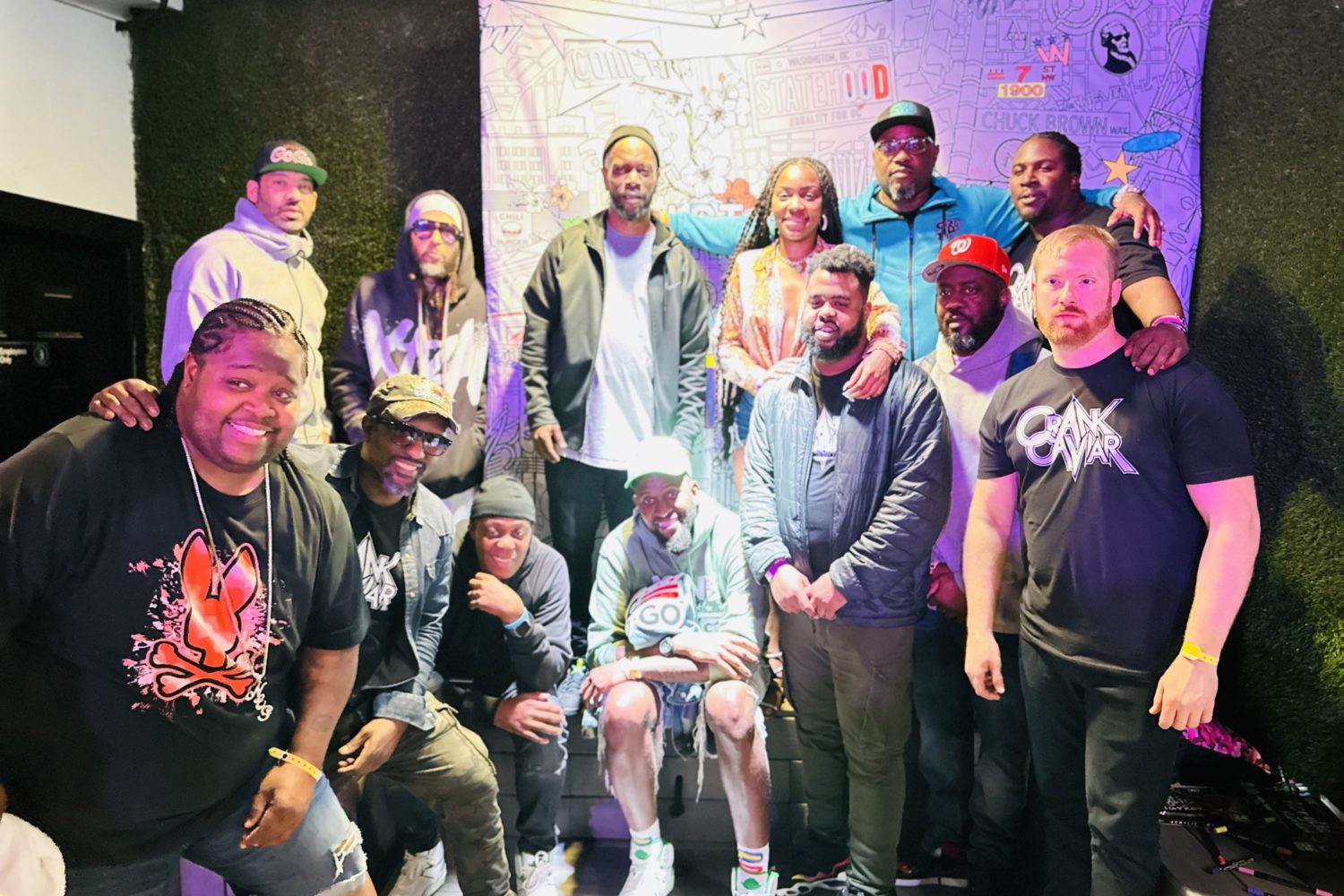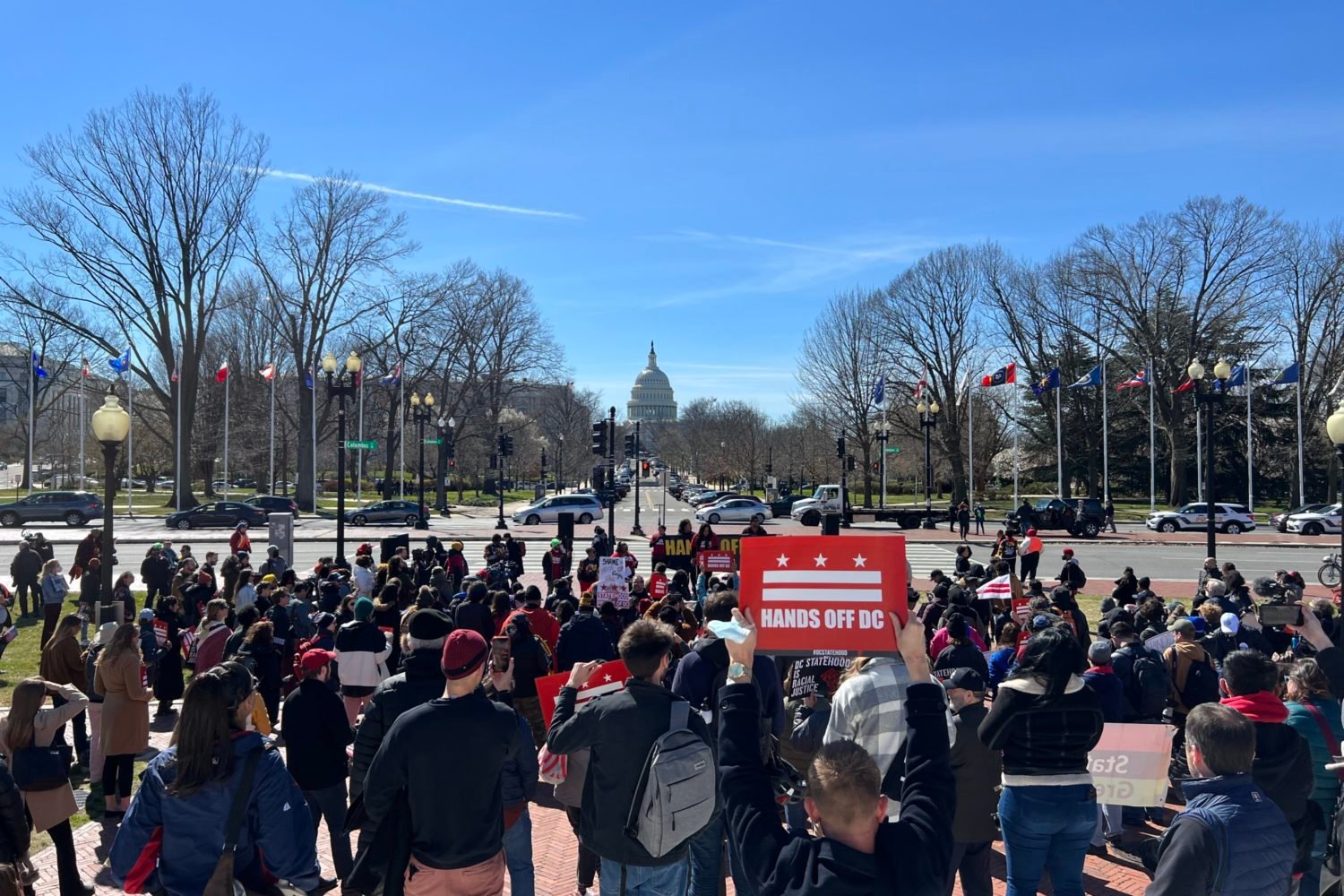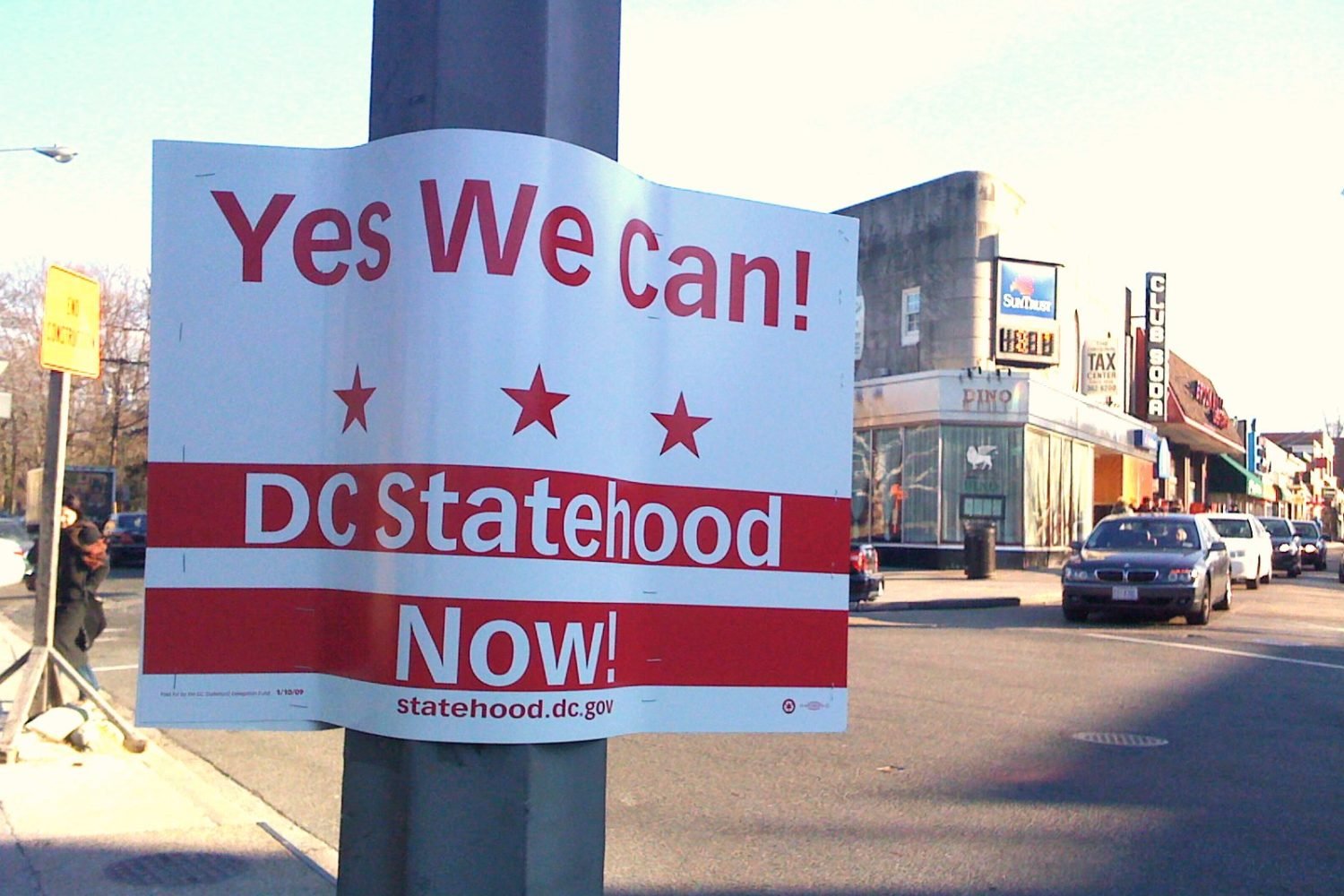House Majority Leader Steny Hoyer is bringing a DC statehood bill to the House floor for a vote on April 22. We chatted with him about how the fight has changed since a similar bill was passed last year.
There’s a general consensus that this bill will pass the House and fail in the Senate. Given that it’s unlikely it will result in statehood for DC, what do you hope it accomplishes?
When we passed [a similar bill] last year [in the House], it was the first time a statehood bill had passed. I was very pleased with that. We knew McConnell was not going to bring it on the floor, and that was disappointing, but we knew that was the fact. Today, we have a Majority Leader of the Senate, Senator Chuck Schumer of New York, who is for DC statehood. So we have a leader who is in charge of the schedule who we think will try to move this bill forward.
Obviously we have a daunting challenge, because the Republicans are largely opposed to this bill because they think that DC citizens will elect a Democrat to the House of Representatives and the Senate. But the founders didn’t provide for states being admitted just upon who they would and would not vote for. They did it because they wanted to expand and strengthen our democracy.
I think it’s ironic that the United States of America, one of the great democracies of the world, is the only nation in the free world whose citizens that live in the nation’s capital don’t have a voting member of their parliament. I think that’s a very big blot on our democracy. There’s no reason why the 700,000 plus people who live in the District of Columbia aren’t full, equal citizens with everybody else in the United States.
You’re right, we’re going to pass it in the House. We’ll see what happens in the Senate. But we know this: If it should get past the Senate, it will get the signature of President Biden. If the filibuster is maintained, a minority may succeed in thwarting the Democratic majority. And I think the Founding Fathers thought that the majority should rule. There are no provisions in the Constitution about a filibuster, so, frankly, I think that filibuster rule ought to be eliminated in the United States so that democracy can prevail.
It seems like filibuster reform has shown up in every story about DC statehood for months now. Is there any way you see a DC statehood bill being passed in the Senate without filibuster reform?
If the Republican senators voted on principle—extending to every citizen equal rights and being represented in Congress—I think this would pass. If they vote on politics, I think it’s going to be a tough road. But we’ve made real progress. As I said, last Congress was the first time a statehood bill was passed. This time it’s going to go to the Senate with a majority leader who will try to get it passed, and we’ve got a President who will sign it. If we don’t do it this time, I think inevitably, because of the fairness of the issue, that the citizens of the District of Columbia will be able to gain statehood and a vote in [Congress].
I’m wondering what you’ve seen over the past five or ten years in terms of a demographic shift in support for DC statehood, especially among suburban voters. How crucial is that population’s support to moving statehood forward?
I think public sentiment is very important in terms of this issue. This is not an issue that a lot of people really think about or look at, but when they do, they think, “Well, if I should move to the District of Columbia to work for the federal government, to work for my country, why should I be disenfranchised? Why should I lose, in effect, my voice in Congress?” And I think they conclude there’s no reason to do that.
With suburban voters, I think one of the common fears was the possibility of levying a commuter tax. How have you seen that change over the years?
I was concerned about that. In 1993, we had a [statehood] bill, and I voted no on it. And I voted no for two reasons. Number one, I thought the best possibility we had at that point in time was to empower Eleanor Holmes Norton to vote on the floor as an equal member of Congress, and I thought statehood was something we could not get done. In addition to that, as you pointed out, there was this issue where people who came to work for the federal government but then moved to the suburbs would be confronted with a commuter tax. I represented 62,000 federal employees who were commuting into the District of Columbia, and that was of concern. But I’ve concluded the only way to get the citizens of the District of Columbia equal status as citizens in this country is to get statehood for the District of Columbia.
What’s the feedback been like from your constituents about advancing the fight for DC statehood?
I have a lot of people who used to live in Washington, DC, and moved out to the suburbs to get some green grass and space for the kids to play. So I’ve ben pleasantly surprised. I think there’s very broad-based support for statehood for the District of Columbia in my district and in the Washington metropolitan area. I think they think it’s fair for the residents of the District of Columbia to be treated as equal citizens.

















